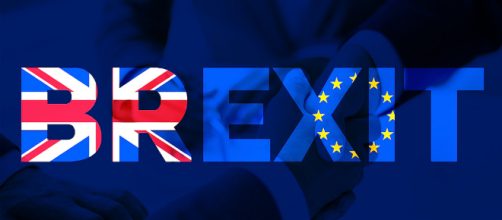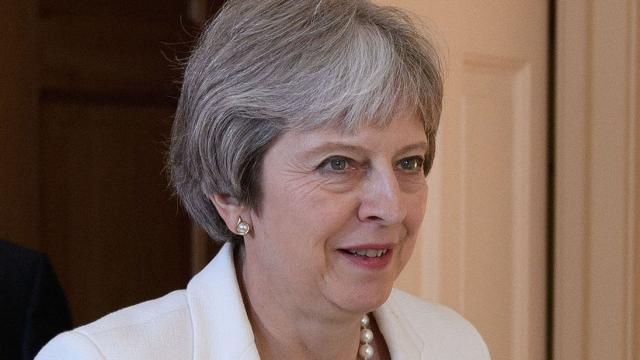The EU’s negotiating team, led by Michel Barnier, said that once the UK leaves the EU it will be impossible for them to have the same access to policing initiatives as when they were a member. The main reason for this is the fact that the UK wants to leave the jurisdiction of the European Court of Justice and abandon the freedom of movement rules, which the EU says come hand-in-hand with the security arrangements. The tough stance being imposed by the EU here is a clear indication that they have the upper-hand when it comes to these negotiations.
Mrs May wants the UK to retain a strong security relationship with the EU, saying they should “consider what is in the best interests of the safety of your citizens and mine”, according to the BBC. Examples of key initiatives the Prime minister wants the UK to have access to are the Prum mechanism for sharing DNA profiles and the European Criminal Records System.
Security co-operation key for Theresa May
As a former Home Secretary, in charge of policing and combatting terrorism, Theresa May knows just how important these international arrangements are in the fight against terrorism. In order to try and put pressure on the EU to relax their tough stance, she is taking her plea directly to the public.
She said to the media, “our collective ability to map terrorist networks across Europe and bring those responsible to justice would be reduced”, as reported by Sky News. Theresa May hopes that, by informing the European and UK public on this issue, it will pressure the EU negotiators to soften their stance.
Mrs May has now left the EU Summit earlier than the other 27 leaders so they can discuss Brexit and other issues relating to the EU’s future plans. The Prime minister now has to reach a consensus among her cabinet on the final Brexit agreement, which is looking to be an equally tough set of negotiations that pose yet another threat to her leadership position.
Brexit put on the back-burner
Whilst from a UK perspective Brexit has been (and will continue to be for years to come) the most pressing political issue, for the rest of the EU, it is merely another item on the agenda.
In fact, some EU leaders feel the UK is all talk and no action, and are asking them to actually give the EU their proposals in written form rather than just making bold statements, so that they can debate the issue properly and coherently. The Irish Prime minister said “it is frustrating two years after the referendum that we still don’t have a white paper (a policy proposal) from the UK government” regarding the future relationship between the two camps, according to Sky News.
For EU leaders, the main concern of this summit was the migration crisis. For Italy, it was such a pressing issue that they had threatened to veto the entire summit’s agenda unless a deal was reached to give them more help in the resettling and administration process as they are a major point of entry for migration towards the EU.
Furthermore, for Angela Merkel, a deal on immigration was as important, as her delicate coalition at home could have potentially collapsed unless some sort of agreement was reached. After ten hours of talks throughout Thursday night and Friday morning, an agreement was finally reached. However, these long talks are a clear example that, although Brexit may be the only thing on the UK’s agenda, the EU are moving on without us, thus making Theresa May’s job even harder as she tries to pull the European agenda back to her item.



